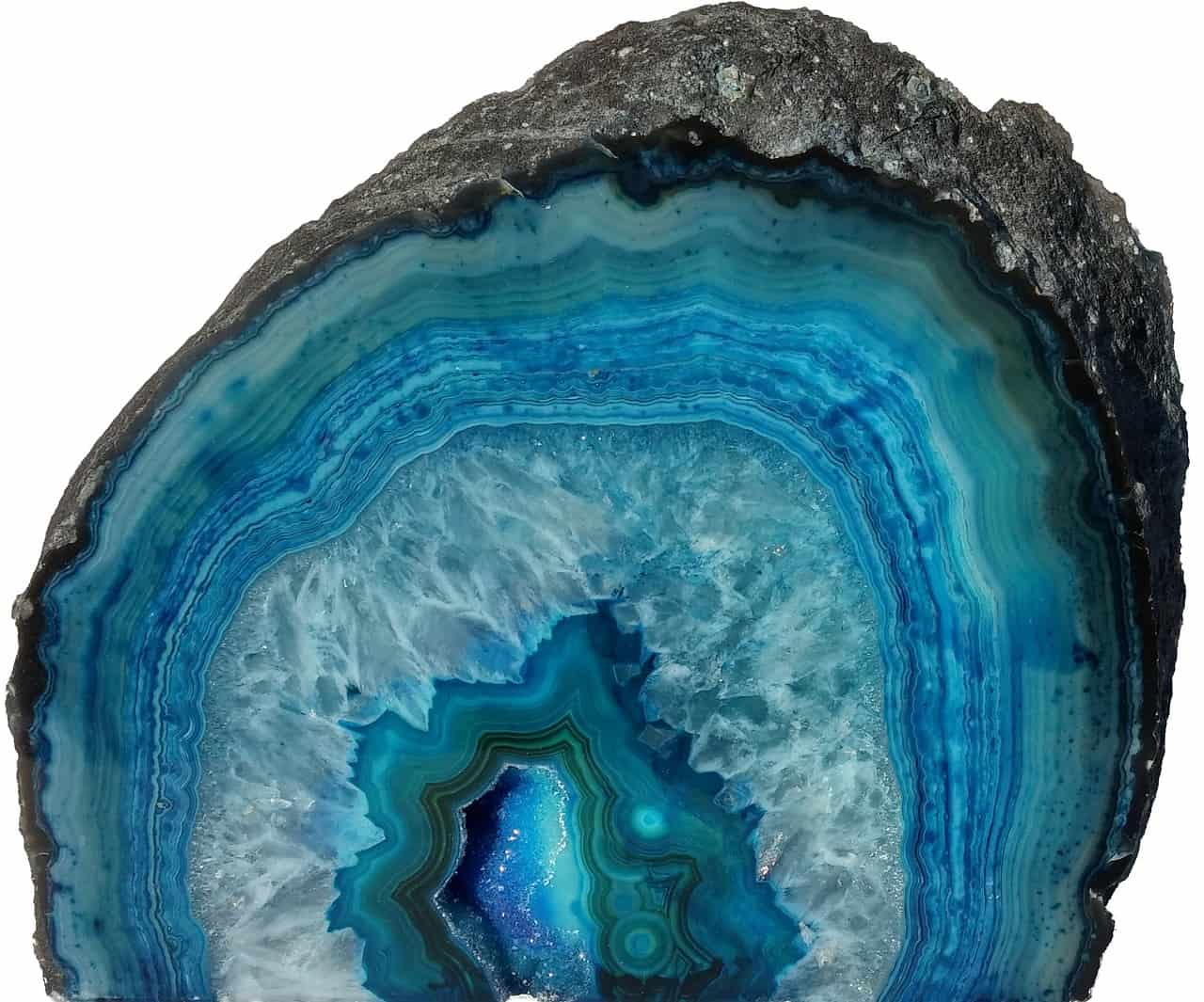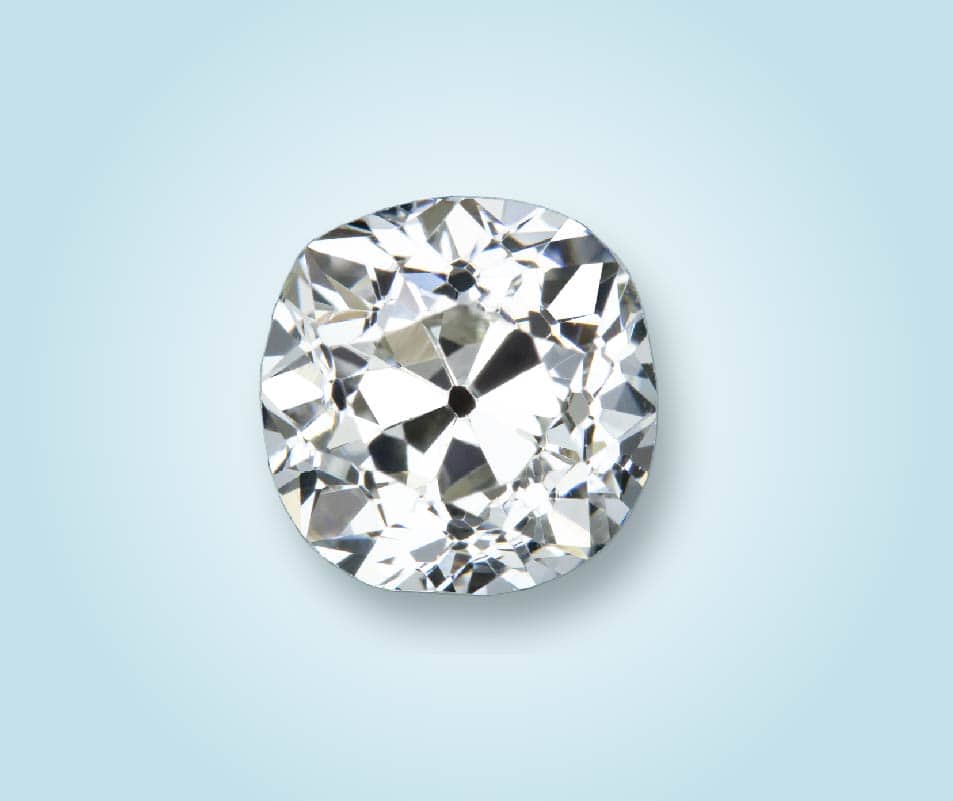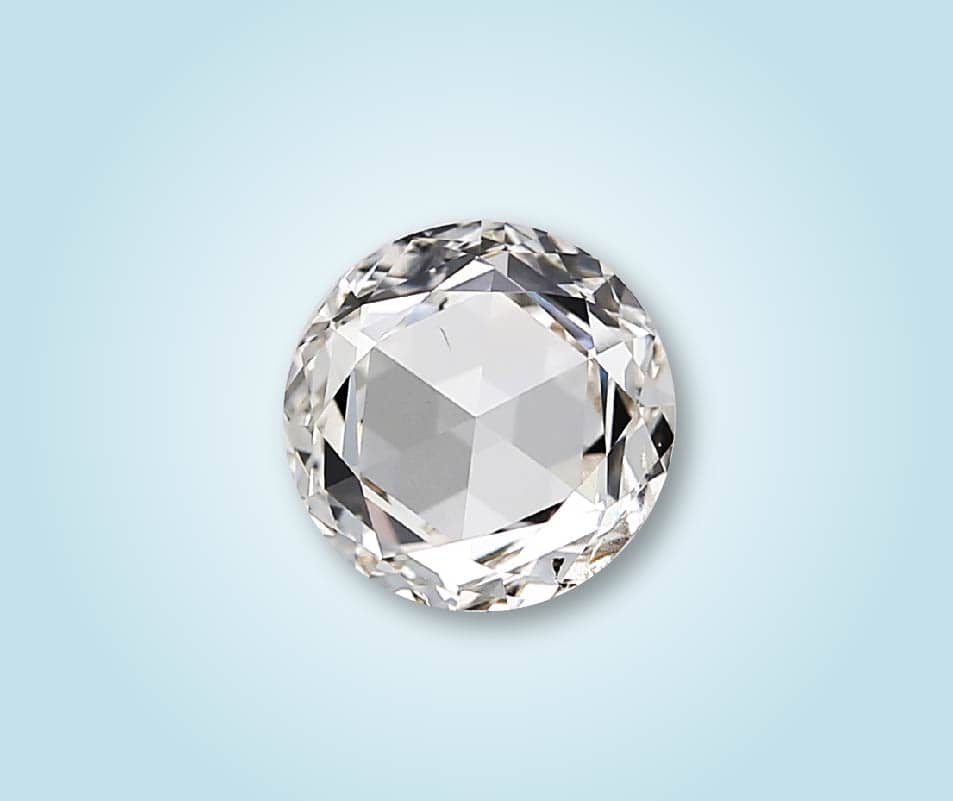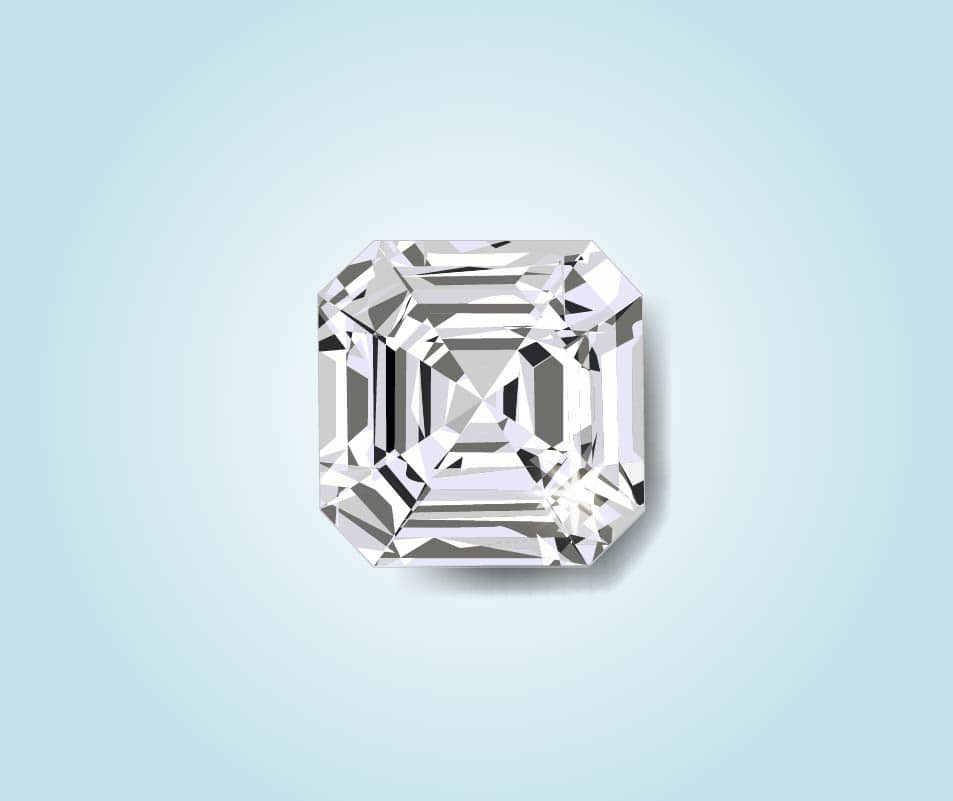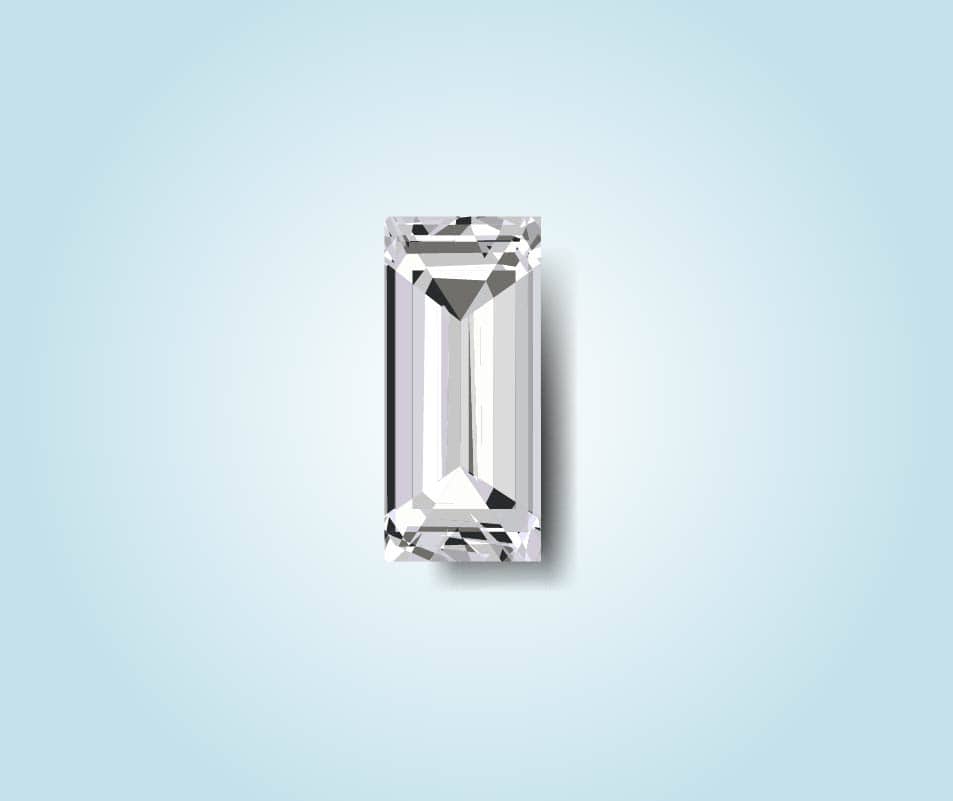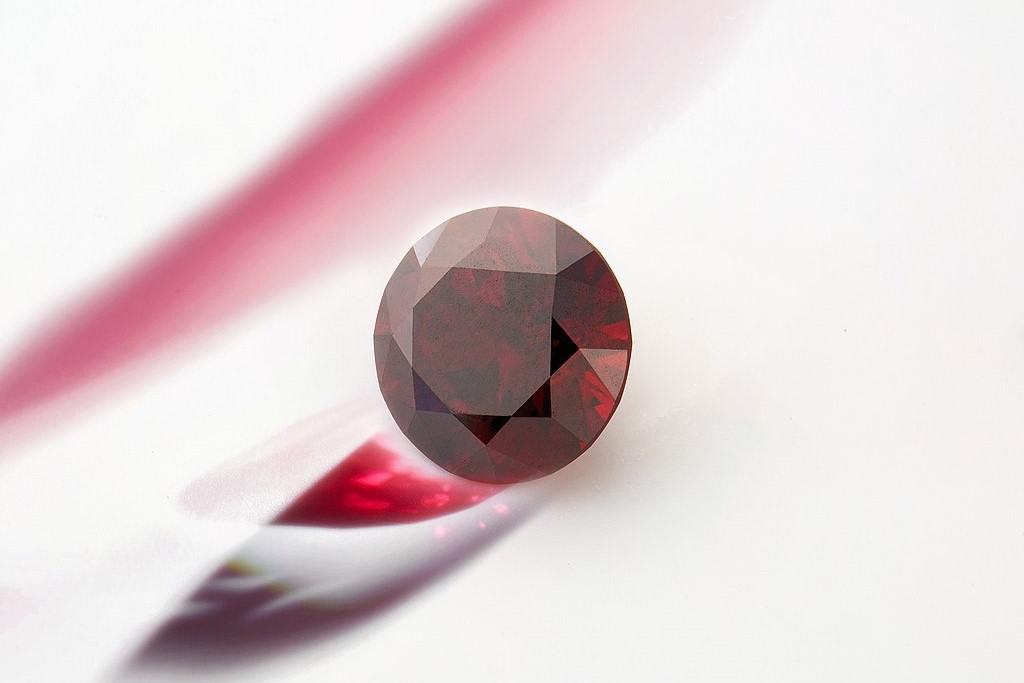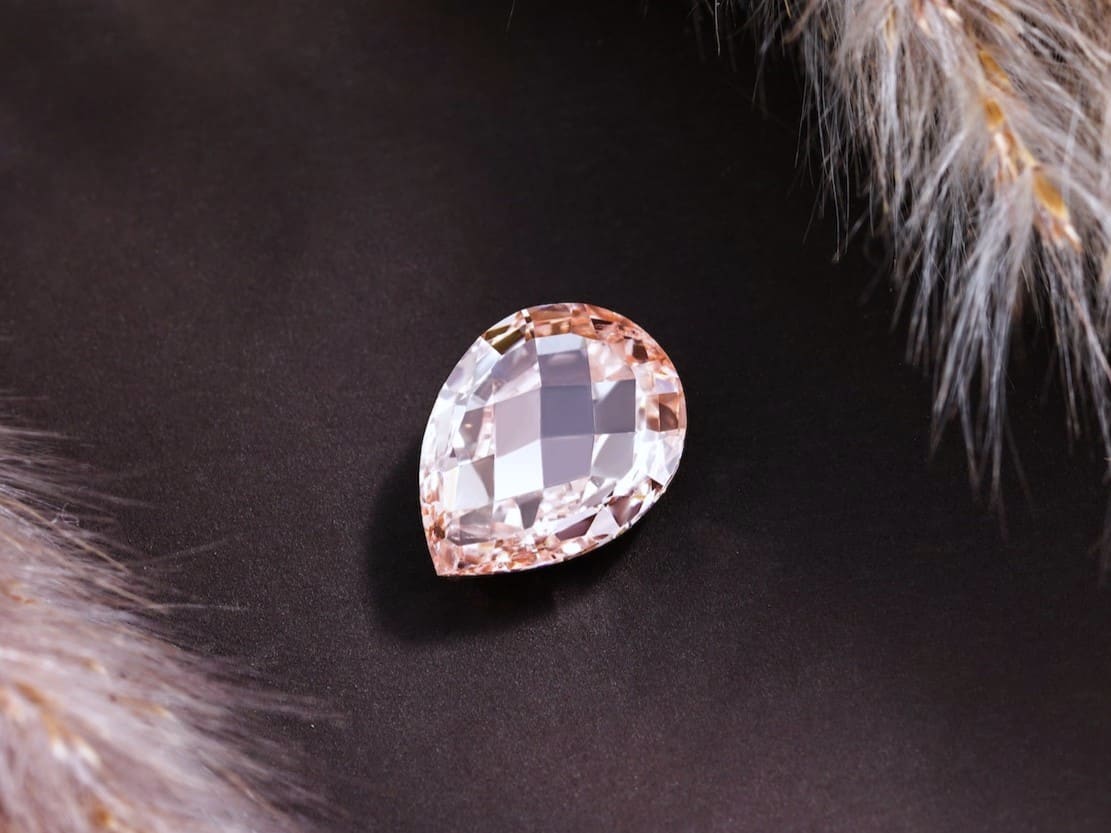Wondering about IGI certification?
You're in the right place.
In this Learning Guide, I'll answer the following questions about IGI certification:

- Should You Buy IGI Certified Diamonds?
- Why Are IGI Certificates Less Expensive?
- Does IGI Have Lab Grown Diamond Certification?
What is IGI Certification?
The International Gemological Institute is one of the oldest diamond grading authorities. It was established in 1975, after other large grading authorities.
Today, there are 20 IGI laboratories around the world. They pride themselves as the largest independent grading laboratory in the world. They also boast the number of diamonds and diamond jewelry they have graded, more than anyone else in the diamond industry.
There's a reason for that. IGI diamond certification used to be the diamond report that big name retailers used to use. You're probably familiar with them, such as Kay, Zales, Jared, etc.
The IGI labs aren't wrong, they produce diamond grading reports efficiently and with a quick turnaround.

However, IGI certified diamonds aren't as common in those retailer stores anymore.
They now use GSI certifications as their go-to. The GSI produces diamond reports quickly and in bulk prices.
You'll find more IGI certified diamonds online these days. They also have their own educational courses and degrees, similar to the Gemological Institute of America, the leading resource in the industry.
They consider themselves one of the top grading and educational authorities in diamond jewelry.
What is on an IGI Certificate?
There are a number of diamond certificates offered by the IGI laboratory. They grade diamonds, various types of lab grown diamonds, colored diamonds, jewelry, and colored stone reports.
Your IGI report may be printed in a brochure document or a PDF digital file.
IGI Natural Diamond Report
This is the standard IGI diamond report for a natural IGI certified diamond. It includes the origin (lab or mined), diamond clarity, diamond color, diamond shape, and carat weight.
Your diamond's measurements, fluorescence, polish, and symmetry are also displayed. It includes diagrams of the diamond's proportions, clarity characteristics, and an image of the Laserscribe number on the diamond, if you chose to have one.

IGI Lab Grown Diamond Report
The IGI Lab Grown Diamond Report contains all of the same information as the IGI Natural Diamond Report. It has added details too.
In the comments section of the grading report, they will indicate any treatment done to the diamond. It will also tell you which creation process used to produce your lab created diamond.
The diamond certificate sample below says that this IGI certified diamond was created using the chemical vapor deposition (CVD) method. CVD diamonds come from Type IIa diamond seeds, which is annotated under the method.
Lastly, it tells you if your lab diamond has any optical effects. This CVD diamond has blue nuance, a blue tint that can be found in CVD lab diamonds.
Read also: HPHT vs CVD Lab Diamonds

IGI Jewelry Identification Report
The previous diamond reports are given to a loose diamond. The IGI Jewelry Identification Report is given to engagement rings and wedding rings already mount, most commonly solitaire rings.
IGI prides themselves on being the first grading service to offer jewelry report for a mounted engagement ring. The Jewelry Report isn't limited to a diamond ring.
You can obtain a Jewelry Report for diamond earrings (diamond stud), diamond solitaire necklaces, or any precious stone jewelry.
This report contains a thorough description of the jewelry piece.
It's best recommended for heirloom jewelry. Because they grade the pieces without dismantling them, they have to give approximate diamond grades.
If they can't give accurate enough grading because of the mounted diamonds, they'll unmount it. The report may include added photos to enhance details of the jewelry piece.

IGI Colored Stone Report
The colored stone report is for colored gemstones. Majority of graded colored gemstones are faceted pieces. There are many gemstones that can't be faceted. It also has photographs of your gemstone.
This report is meant to identify the gemstone species and variety of the stone. It will tell you if the origin is natural or synthetic. Their IGI trained gemologist will analyze the stone to see if country of origin is able to be determined.

FAQ
Why is Diamond Certification Important?
A lot of people aren't told about diamond certification unless a customer specifically asks about it. If a jewelry salesperson knows you have a generous budget for a high quality diamond, they'll emphasize the importance of diamond certification.
The problem with these jewelers is that their sales pitch changes based on what you're looking for. At the end of the day, they're trying to close a sale. They don't care if it's big or small at that point.
Diamond certification is important, no matter what your budget is. I would recommend a certified diamond with a reliable grading report over spending more on your carat weight, if given the option.
I recommend only buying certified diamonds because they confirm all the details of your chosen diamond. A higher color or clarity grade usually costs more if all other diamond details are the same.
Are IGI Diamonds the Best Diamond Certification?
Unfortunately, a diamond certification isn't enough. It has to be the right certification. There are many different diamond grading report authorities. There's a handful of them that are more common than others.
Even the most common gem certification labs aren't all reliable. And when we say reliable, we mean as a whole. Diamond grading is subjective, especially when it comes to color and clarity grades.
I don't know about you, but it would suck to find out my diamond had lower grades from a different grading lab vs the one it came with.
That's the problem with an IGI certified diamond. You can find documentation of people getting the same diamond graded at different authorities.
IGI doesn't grade with the same consistency or strict standards as the GIA or the American Gem Society. Some might argue that overseas labs like IGI Antwerp or IGI Mumbai aren't as reliable as the IGI lab in New York.
You can read that people have conducted experiments online with their own diamonds and none of the labs had consistency. Even ones that graded the same one twice came out differently.
One of the reasons people opt for an IGI diamond over a GIA diamond or AGS diamond is because IGI certified diamond prices are less expensive.
A lot of people don't know the difference in diamond certifications, so they assume they're getting a great deal. In reality, it's just the opposite.
Of course, you should keep in mind that not every single diamond certified by the IGI is like this. It's that too many of them are.
I should also point out that I don't recommend IGI diamond quality reports for natural diamonds only. Gemstone reports aren't as specific as a natural diamond needs to be.
Furthermore, an IGI certificate is one frequently recommend lab certificate for lab diamonds.
In 2020, the GIA updated their lab diamond reports with more information than it originally had for years. They now state the process used.
However, the IGI lab diamond reports tell you if blue nuance or brownish tint in a lab diamond is present. GIA reports don't do that.
Even so, GIA lab diamond reports and IGI lab diamond reports are considered top quality diamond certificates for created diamonds.
Read also: Best Lab Diamond Certification
Where to Buy Reliable Grading Reports?
If you're in the market for a reliable grading report for a natural diamond, I'd recommend a GIA certified diamond or an AGS certified diamond.
My favorite places to buy GIA diamonds is going to be James Allen. They are under the same umbrella as Kays and the others, but the business model is much better for the customer.
GIA certified diamonds are less expensive at James Allen than it is at those stores mentioned, even if they're under the same umbrella.
Blue Nile and Ritani only sell GIA or AGS certified natural diamonds. You can find IGI lab diamonds all over the web at James Allen, Blue Nile, and Brilliant Earth.



